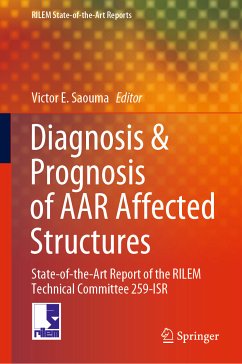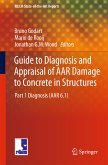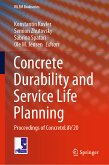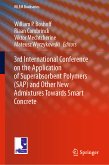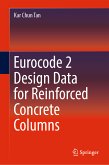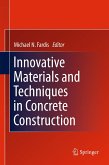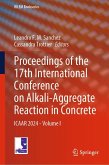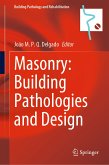This book presents the work of the RILEM Technical Committee 259-ISR. Addressing two complementary but fundamental issues: the kinetics of the reaction, and how this will affect the integrity of the structure (serviceability and strength), it also provides methodology for assessing past deterioration to enable readers to make engineering/science-based predictions concerning future expansion. The book is divided into six major topics: selection and interpretation of optimal monitoring system for structures undergoing expansion to monitor the progress of the swelling evolution and its consequences; development/refinement of current laboratory procedures to determine the kinetics of the reaction i.e. expansion vs (future) time, and to determine the kinetic characteristics of the time-dependent reaction to be used in a finite element simulation; extrapolation of results from structural component laboratory testing; selection of material properties based on data from existing structuresaffected by the alkali silica reaction or delayed ettringite formation; identification of critical features that should be present in a finite element code, development of test problems for validation, and a survey of relevant programs able to conduct a transient structural analysis of a structure undergoing chemically induced expansion; and lastly guidelines for finite element codes. The book is intended for practitioners responsible for concrete structures affected by the damaging alkali aggregate reaction, engineers dealing with aging structures, and researchers in the field.
Dieser Download kann aus rechtlichen Gründen nur mit Rechnungsadresse in A, B, BG, CY, CZ, D, DK, EW, E, FIN, F, GR, HR, H, IRL, I, LT, L, LR, M, NL, PL, P, R, S, SLO, SK ausgeliefert werden.

